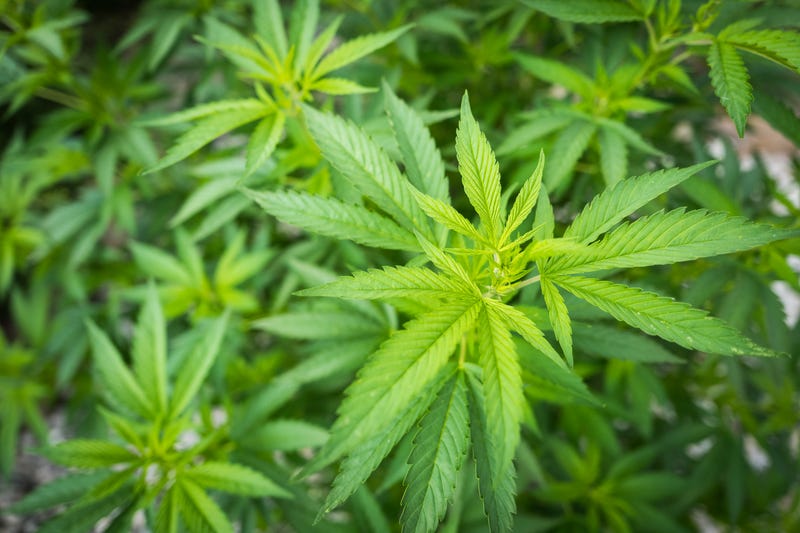
PHILADELPHIA (KYW Newsradio) — New Jersey lawmakers passed recreational pot bills on Thursday that will create a regulatory marijuana marketplace.
The historic vote set rules and regulations for the legal sales of marijuana across the Garden State. Once it becomes legal for personal use among adults 21 and up, it will be subject to state regulation.
In addition, small amounts of pot — possession up to 6 ounces — will be decriminalized, among other changes.
Gov. Phil Murphy also appointed members of the Cannabis Regulatory Commission, which will regulate New Jersey’s medical marketplace and oversee operations of growers.
The bills have been sent to Murphy, which he is expected to sign into law.
New Jersey joins 15 other states and the District of Columbia in permitting legal recreational marijuana. New Jersey voted for cannabis in last month’s election, along with Arizona, Montana and South Dakota.
Voters in New Jersey overwhelmingly approved the constitutional amendment, which takes effect on Jan. 1.
Despite the strong support from voters, lawmakers passed the bill on comparatively narrow margins: 49-24 with six abstentions in the Assembly, where 41 votes are needed, and 23-17 in the Senate, where 21 votes are needed.
If enacted, the legislation sets out a timetable that could see recreational cannabis available in New Jersey in about six months.
The 200-plus-page legislation is a thicket of technical detail that is being closely watched by lobbyists and businesses interested in opening shop in New Jersey.
For consumers, the legislation means cannabis will be subject to the state’s 6.625% sales tax, with 70% of the proceeds going to areas disproportionately affected by marijuana-related arrests. Black residents were likelier — up to three times as much — to face marijuana charges than white residents.
Towns will also have the option to levy a tax of up to 2%.
The Cannabis Regulatory Commission will be able to levy an excise tax, the amount of which will depend on the cost per ounce of cannabis. There will be four levels of tax under the bill, so if cannabis is $350 or more, the tax per ounce will be $10. That rises to $60 per ounce if the retail price of the product is less than $250.
Another part of the bill that resulted from lawmaker negotiations is a limit on the number of licenses for cultivators. They will be set at 37 for two years. The state Senate was pushing for no limits, but the Assembly wanted the caps.
The Associated Press contributed to this report.
